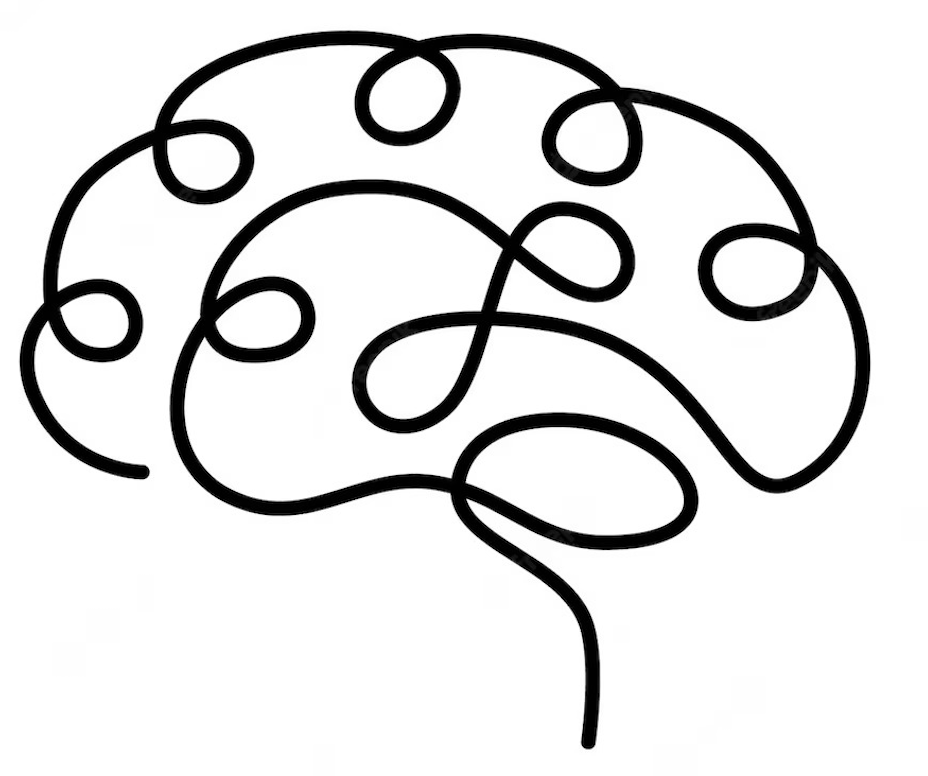Your daily insights in minutes!
Summary
In this podcast episode, Dr. Sam Harris explores the nature of self, consciousness, and the practice of mindfulness and meditation. He discusses how our constant thinking creates an illusory sense of self, causing suffering and disconnect from the present moment. He emphasizes the importance of recognizing the illusion of self through meditation to alleviate unnecessary suffering and gain a deeper understanding of consciousness.
Key Insights
Our constant stream of thoughts creates an illusion of self as a separate thinker and doer, causing suffering and disconnect from the present moment. This illusion persists even during meditation.
Identifying with conceptual thought is analogous to being in a dream, where we become fully captured by the narrative of our thoughts, similar to a dreamer’s experience.
Meditation and mindfulness practices aim to break free from the cycle of thought identification. By observing thoughts without attachment and focusing on non-conceptual awareness, we can dissolve the illusion of self.
Recognizing the illusory nature of self is psychologically and ethically valuable, as it can alleviate unnecessary suffering and improve overall well-being.
Ordinary thinking, dreaming, and even psychosis share similarities in the way they trap us in narratives. The practice of mindfulness and meditation helps us recognize and transcend these patterns.
The dichotomy between being identified with thought and recognizing thought as an automatic process is crucial for understanding consciousness and achieving awakening.
Mindfulness and meditation enable us to break the spell of thought, experience reality directly, and find a more profound sense of self beyond the illusion of constant thinking.
